Transcript: Liver Problems – Avoid These Foods In Your Diet Your liver performs a multitude of important functions related to your health. One of the most important is metabolizing the food you eat. In other words, your liver turns the food you eat into energy. When you have liver problems or liver disease, food won’t be absorbed properly. That can influence the production of proteins and vitamins, and also influence your weight, appetite, and overall health. Liver problems require special diet considerations. If you eat the right foods — and avoid the wrong ones — you’ll keep your liver functioning properly and protect it against working too hard to function as best it can. Start by looking at your protein intake. In a healthy person, proteins help the body repair tissue. But anyone with liver damage has trouble processing proteins properly. Wastes and toxins build up, compromising liver efficiency and endangering other organs. About 1 gram of protein per kilogram of body weight is typically recommended by doctors and nutritionists. Since there are 2.2 pounds in a kilogram, so someone who weighs approximately 150 pounds should restrict protein intake to around 70 grams per day. If your liver is severely damaged by disorders like hepatitis, cirrhosis, cancer or fatty liver disease, your doctor may recommend less. But also be careful not to restrict your protein intake too much, because it can lead to malnutrition. You should also follow your doctor’s guidelines about salt. Generally, less salt in your diet will improve liver health. Salt increases fluid buildup and raises the risk of liver swelling because salt causes the body to retain water. Limit sodium (typically 1 – 2 grams per day) if your doctor says you’re retaining fluid. Your doctor will also probably tell you to focus on eating carbohydrates. “Carbs” are stored in your body in the form of glycogen. Increasing carbohydrates in the diet helps preserve glycogen stores, which is a good thing for your liver. A moderate intake of fat is okay — but again, it’s important to work with your doctor on how much. The right combination of fat and carbohydrates helps preserve the protein in the body and maintains liver health. If you have a low blood count, nerve problems, or nutritional deficiencies — typical with liver problems — you’ll probably need to start taking certain prescription drugs and vitamin supplements. B-complex vitamins can be especially helpful. Keep in mind, your doctor’s diet recommendations may vary, depending on the current state of your liver’s health. Also keep in mind that when dealing with liver problems, you should rely only on the advice of a medical professional. I have a number of other videos related to liver health. The links are listed in the description section below. Visit our YouTube channel to see hundreds more videos on health, wellness, and nutrition topics. https://www.youtube.com/channel/UCoTm4B8NthtgFg-KEO-g8nw Follow us in Facebook https://www.facebook.com/Healthy-Wealthy-And-Wise-101342581558460 Follow us on Pinterest https://www.pinterest.com/gpmck/healthy-wealthy-and-wise/ Related: Elevated Liver Enzymes https://youtu.be/cpcC_vLXNiA Liver Failure Signs And Symptoms https://youtu.be/Lr4Xcxq9uQA Understanding Liver Failure https://youtu.be/u5JoDAud3Qw How To Tell If You Have Liver Damage https://youtu.be/ASIeQEtTrT4
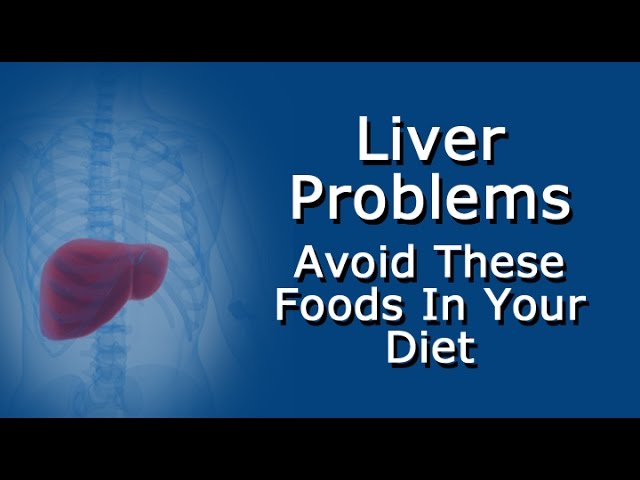
Hepatic & Liver Nutrition Video – 1
- Post author:admin
- Post published:May 11, 2021
- Post comments:0 Comments
You Might Also Like

Boulder Shoulders: Reverse Pec Deck for Rear Delts
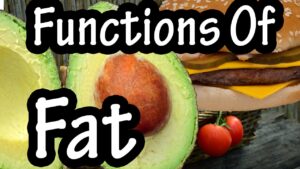
Functions Of Fat – How The Body Uses Fats – Importance Of Fats In The Body Explained

WORST Shoulder Exercise for Bigger Shoulders – Upright Rows @hodgetwins
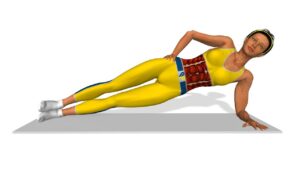
Oblique abs exercises: Side Plank

Fat Loss, Weight Loss Video – 16

Yoga Industry And Advantages Video – 4

How to Do an Incline Dumbbell Fly | Chest Workout

How to Council Your Acne Patients on Isotretinoin – Julie Harper DERM2017
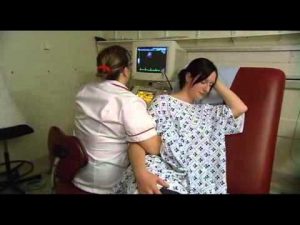
PHA – Echocardiogram

Sports Nutrition Video – 3
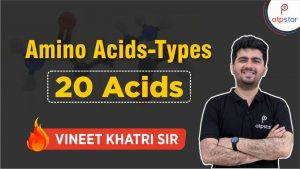
Amino acids in biomolecules | Organic Chemistry | IIT JEE | Vineet Khatri | ATP STAR
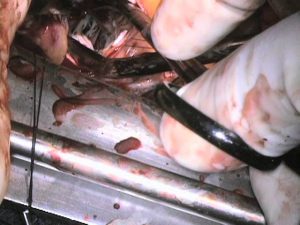
Surgery for Hypertrophic Cardiomyopathy
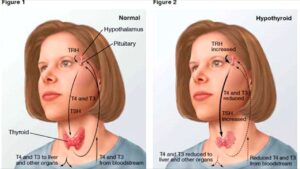
Endocrine System Song
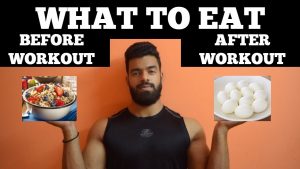
What To Eat Before & After A Gym Workout

How To: One Arm Standing Shoulder Press (Improve Shoulder Symmetry and Strength)

Trampoline Video – 4
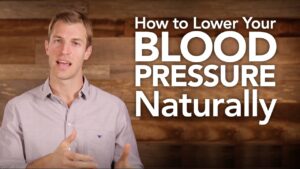
How to Lower Your Blood Pressure Naturally | Dr. Josh Axe

Why You Need Vitamin B Complex
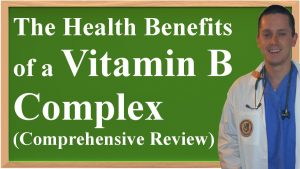
The Health Benefits of a Vitamin B Complex (Comprehensive Review)

Are shrugs the best exercise to develop your Upper Traps / Trapezius? Here’s some great alternatives

One Arm Row Dumbbell-3

Ayurved Panchakarma Video – 4
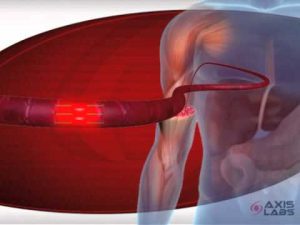
How does Creatine work? | Axis Labs
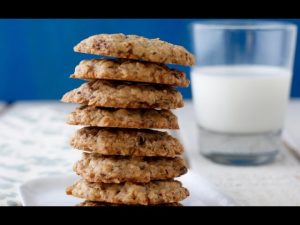
Lactation Cookies – Easy Recipes for Moms – Weelicious
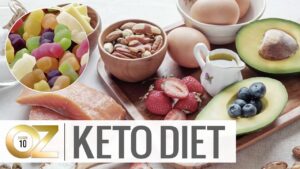
Sugar Free, Low Sugar Video – 18
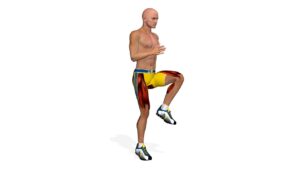
Best Cardio Exercises: High Knees Running In Place
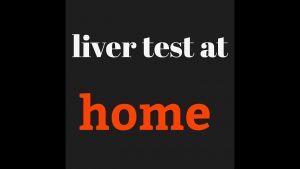
liver test at home
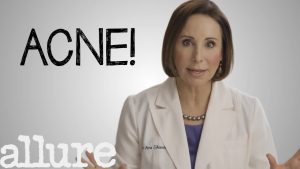
What is Acne and How Do I Get Rid of it Forever? | Allure
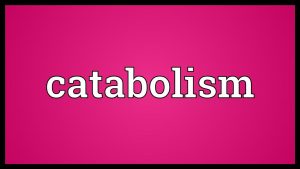
Catabolism Meaning
Shoulder Exercises
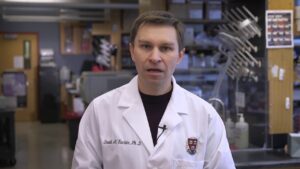
Clinical Supplementation Video – 1
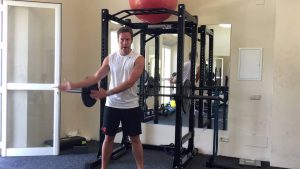
What is the difference between general fitness and golf specific fitness

3 tips for decline DB press
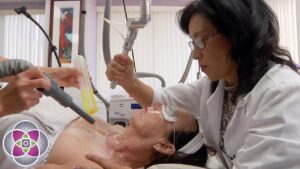
Dermatology/Skin Surgeries Video – 4
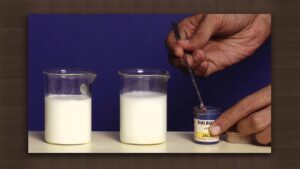
Milk Nutrition & Processing Video – 1

How To Do Flat Bench Chest Flys

How To: Standing Lat Pushdown (Cable Machine)

Archery Video – 1
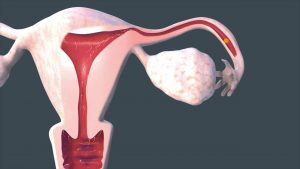
Sperm Meets Egg: Weeks 1 to 3 of Pregnancy
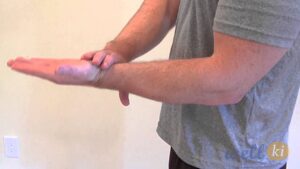
Static Biceps Hold – Top Physical Exercise To Rehab Elbow Joint
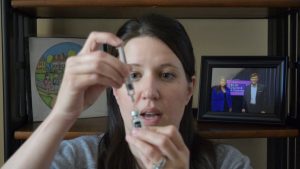
Diabetes Minute: Using a Glucagon Emergency Kit (20)

